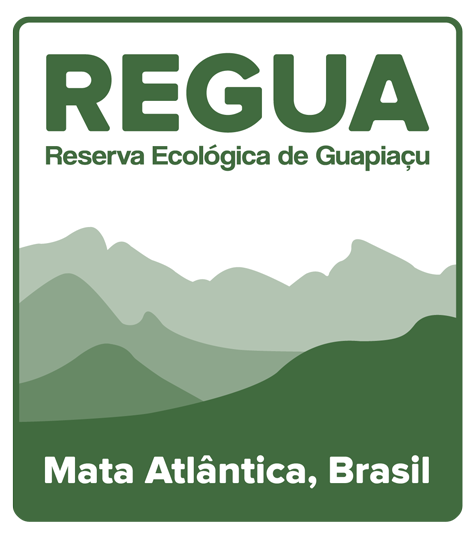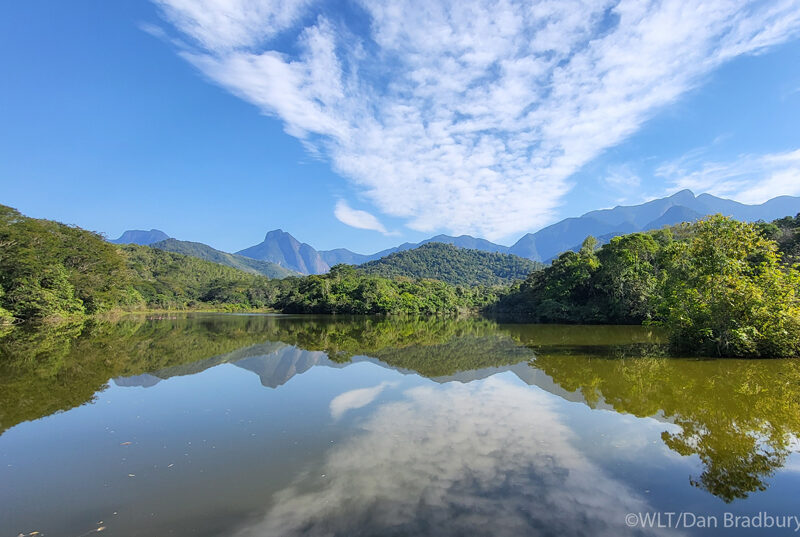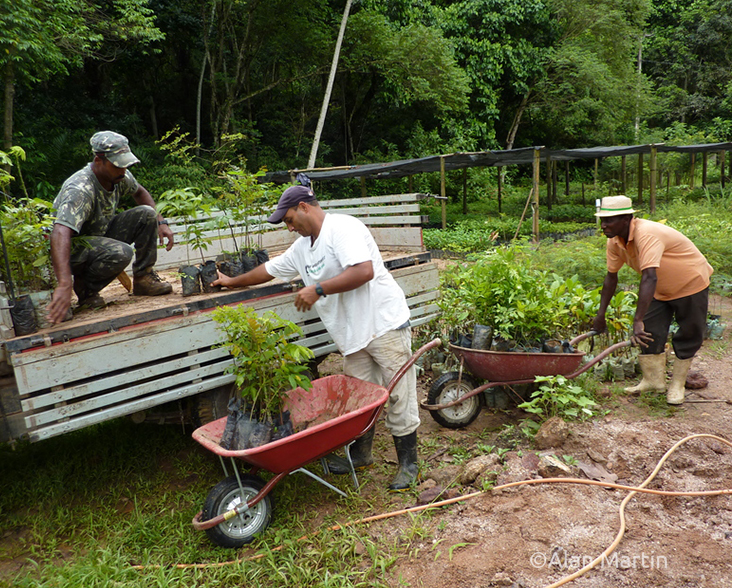MISSION
REGUA’s mission is the long-term conservation of the Atlantic Forest and its biodiversity in the Guapiaçu watershed in the state of Rio de Janeiro, Brazil.
REGUA protects the forest and its biodiversity through land acquisition and partnership agreements, together with ranger patrolling, thus preventing hunting or the removal of forest products. Over the last two decades, REGUA has created a solid team, including a field and nursery team responsible for restoring Atlantic Forest. The reserve also has a broad environmental education run by a local teacher. Research and university agreements have helped to understand the biodiversity around us, that over the years has led to the excting tapir reintroduction programme. REGUA encourages people from around the world to visit and sponsor its activities.


